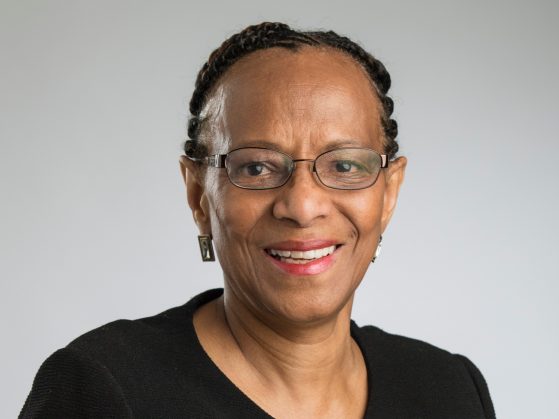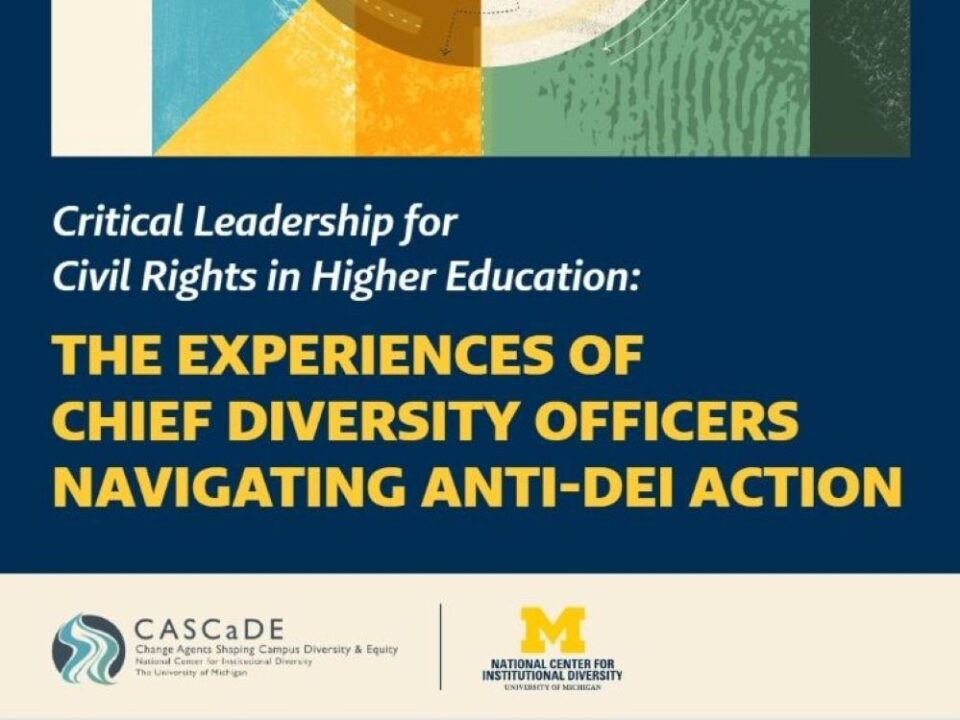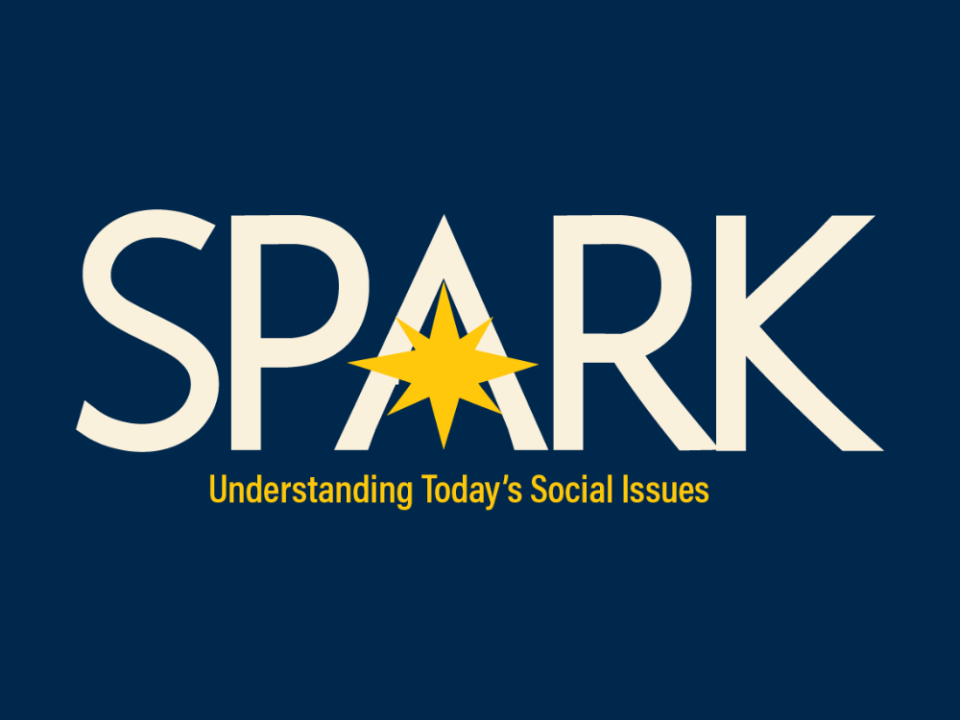- About
- News
- Events
- Initiatives
- Anti-Racism Collaborative
- Change Agents Shaping Campus Diversity and Equity (CASCaDE)
- Diversity Scholars Network
- Inclusive History Project
- James S. Jackson Distinguished Career Award for Diversity Scholarship
- LSA Collegiate Fellowship Program
- University Diversity & Social Transformation Professorship
- Publications & Resources
- About
- News
- Events
- Initiatives
- Anti-Racism Collaborative
- Change Agents Shaping Campus Diversity and Equity (CASCaDE)
- Diversity Scholars Network
- Inclusive History Project
- James S. Jackson Distinguished Career Award for Diversity Scholarship
- LSA Collegiate Fellowship Program
- University Diversity & Social Transformation Professorship
- Publications & Resources
New LSA postdoc program selects scholars committed to DE&I
April 26, 2017
“Transforming Understandings” Promotional Offer
May 30, 2017Scholar Story: Leslie Richards
by Leslie Richards
"I rightly or wrongly assumed that once [white people] knew [black people], they would like [them]. This idea has perhaps guided my sense of wanting to understand how different groups interact."
My interest in sociology and teaching started at a very young age. Growing up on Chicago’s south side, I lived in a predominantly all African-American area of the City. I never thought much about race or inequality. My neighbors were known to me both good and bad. Everyone knew everyone. If I didn’t have great life chances, I didn’t know that I didn’t have them until one traumatic summer. At about the age of nine years old, I was learning to travel the Chicago transit system (CTA) I was sent to go to a friends’ house, with the transit fare only. I was traveling from 43rd and St. Lawrence to 53rd and Ellis. I missed my transfer stop for several blocks, but had no money to call home or to get another bus. So I began my trek to get to my friends’ house on foot, about a mile away.

As I asked strangers for directions from what I learned was 57th Street, I passed a playground in the University of Chicago /Hyde Park area. There were no public buses in the area, even if I had the money. The homes were sturdy, neat and clean. I passed a playground where I saw children playing on swings and seesaws, and sliding boards. What was most amazing to me was that there was green grass. You see, where I lived there was no green grass, no playground, other than at Fuller school where I attended. The playground had rocks and broken glass. Sometime when we played tag on the school playground, I would fall and cut my knees. Many of us carried scars on our knees throughout childhood. It was seeing this playground that I realized there were “white” people who lived so near to us and yet lived such different lives. I felt like I was in the: ”Twilight Zone.” Who were these people? Why didn’t I know about this and why was childhood so different in these two close neighborhoods?
Later that summer, 1955, Emmitt Till, who was from Chicago like me, was killed in Mississippi. As a child I asked my mother why he had been killed, and my mother for the first time having to explain race, said: “White people don’t like us!” I said: “but why, what did we do to them, why don’t they like us?” Her anguished response was that we didn’t do anything to them, they did something to us; “they just don’t like us.” Of course that left me even more confused. Thus, thinking as a child I thought: “They don’t live near us, so they just don’t know us. Once they know us they would like us.” I rightly or wrongly assumed that once they knew us, they would like us. This idea has perhaps guided my sense of wanting to understand how different groups interact. I had a school writing assignment that at twelve was published in the Chicago Sun Times. I was trying to say to the world that my neighborhood was good and had good people in it. In that paper I began to focus more on ethnicity, especially since I had grown up with Gypsy children, Japanese and a few whites. So I kept trying to make sense out of this world so close and yet living such different experiences. I saw local businesses begin to leave the neighborhood, leaving us without good places to shop. There had been Jewish merchants in my neighborhood who extended my parents credit so that they could feed our large family, now those relationships were ending.
Curiosity about what everyone takes for granted is what makes sociological research so important.
As the Civil Rights era emerged I was given the opportunity to attend college on a scholarship to Muskingum College and of course graduate school for me was at the University of Chicago, in that area I had stumbled upon as a child.
In the 80’s-90’s came interaction between Korean business merchants who worked in Black neighborhoods. Like everyone else I heard about how they took jobs from Blacks who lived there, without concern for the people living there. That was naturally what I focused on to do my dissertation. I just had to understand. Now as a sociologist I understood that I had to research what was going on. Of course my research debunked everything I had heard. Curiosity about what everyone takes for granted is what makes sociological research so important. It forces us to look at things as they are and try to understand them. It is for that reason that I want to discuss my dissertation research. It opened my eyes to how media can so distort realities that false assumptions can lead to results that are actually false. It renews your understanding of our sense of humanity with others!
For more information on Dr. Richards, visit her profile.
Dr. Richards' dissertation: Richards, Leslie, A Comparison of African American and Korean Business: Baltimore, Maryland, A Case Study, and Dissertation: University of Chicago




